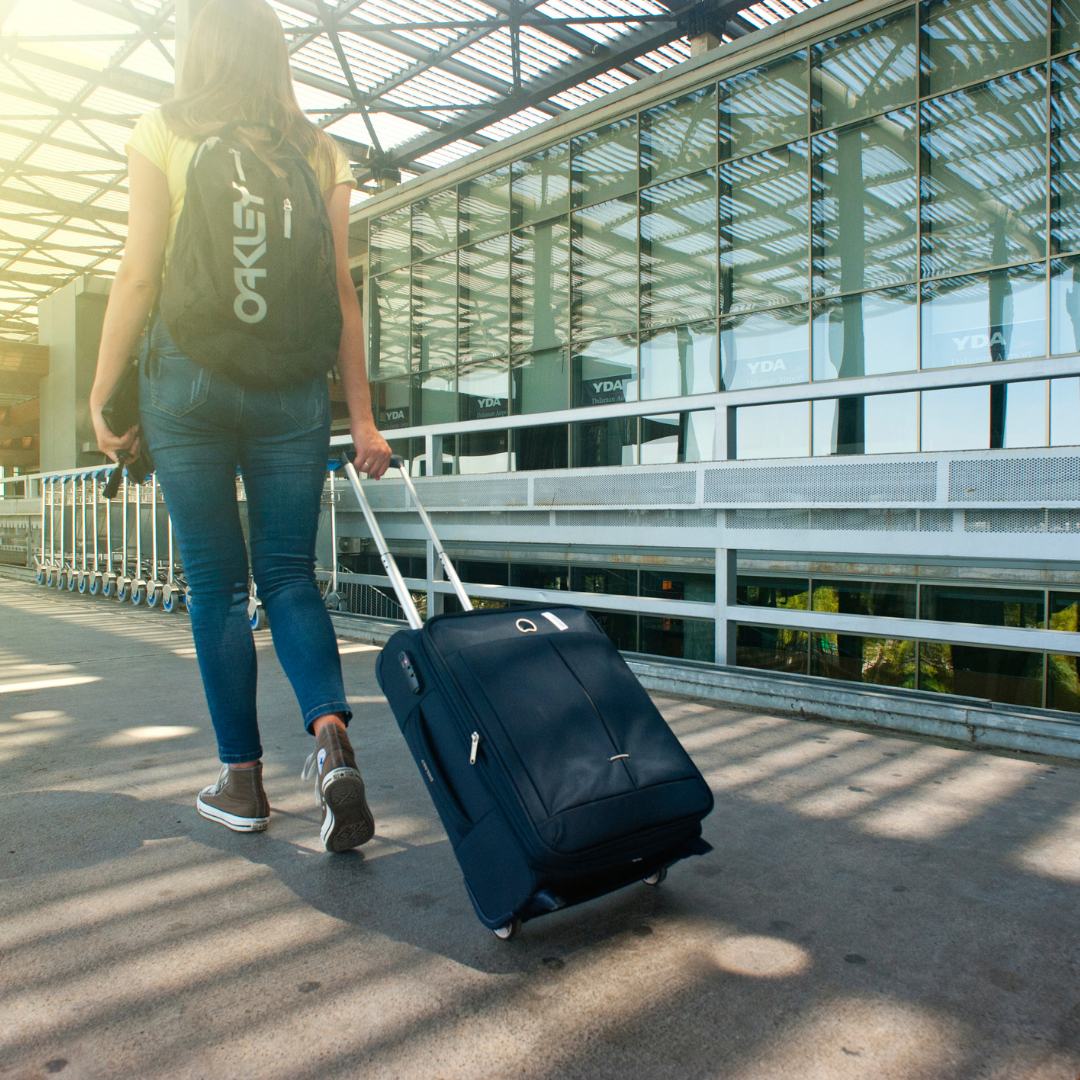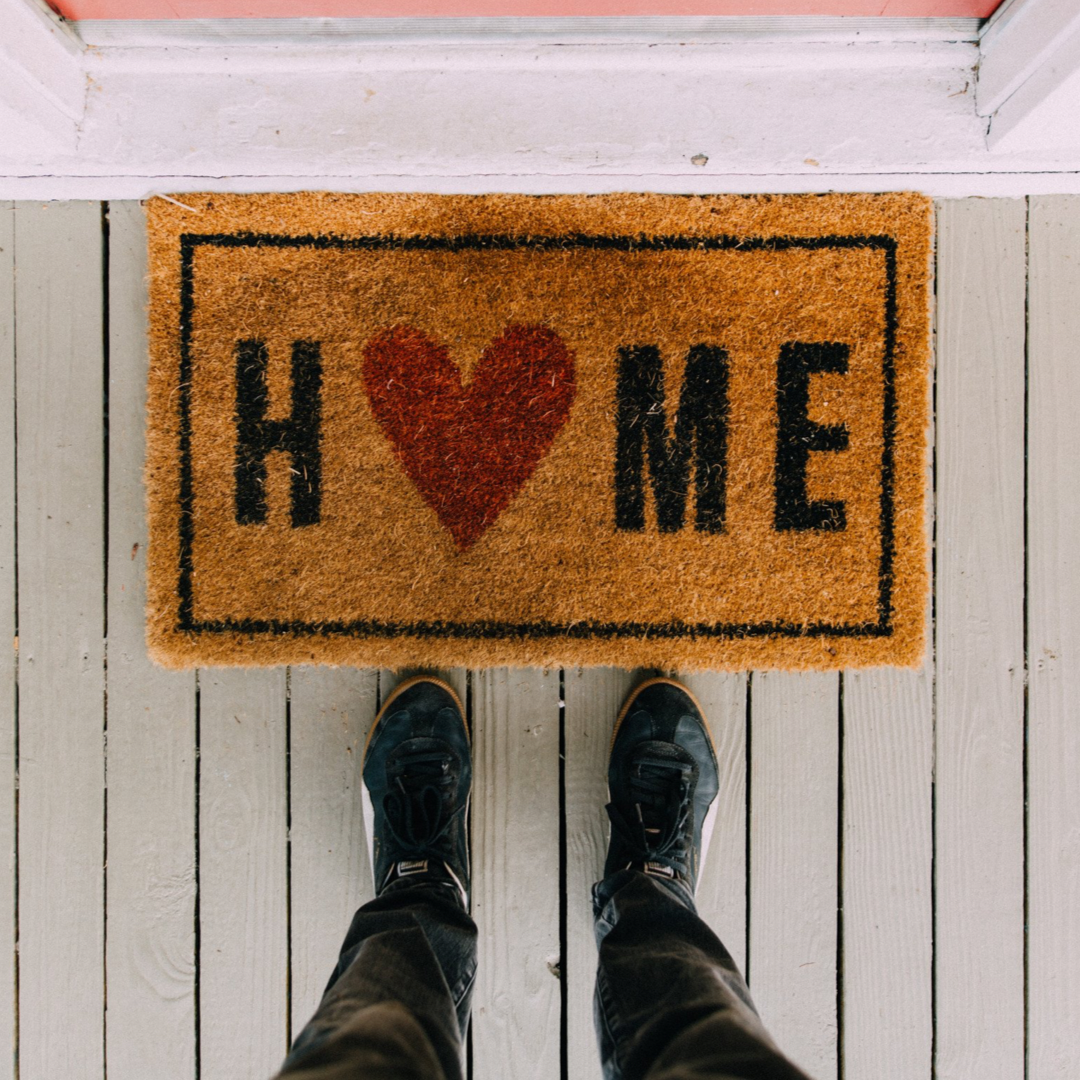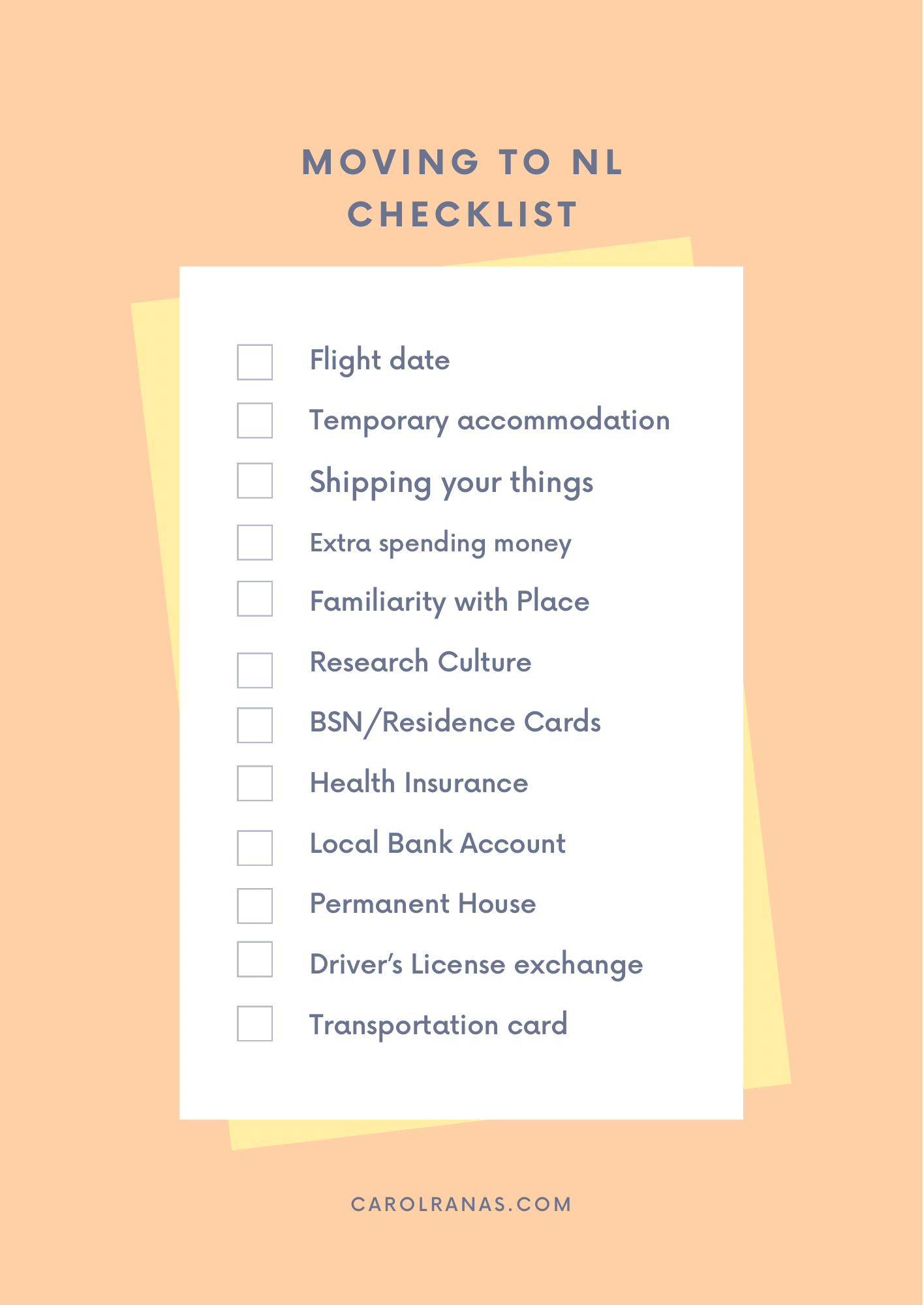Moving to the Netherlands Checklist
Sunday, January 31, 2021Imagine moving to a new country with a different climate and culture, 10,000 miles away from where you are currently residing. Uprooting your whole comfortable life for an unknown place, miles away from your loved ones, is a scary thought. You tend to have a major anxiety attack because you know you’ll be starting from scratch. On the side note, the idea of having a clean new slate seems refreshing. And now you wonder, where do I even begin?
Our move to the Netherlands was a big milestone for us. Never have I imagined to be living far away and at a different continent. I remember bugging my husband so many times if it was final. We debated so many times as well if it was the right decision for the family. It took us 5 months of preparation before finally flying to our new home, the Netherlands.
In this post, I want to share our checklist in settling to our new home. After my husband’s contract has been final (well even before that), below were the things we have taken into consideration and researched.
Flight and Temporary Accommodation
We verified this with my husband employer on what date they wanted him to start (this is usually a Monday). Then, we scheduled our flight on a Friday night. We have taken into consideration the time of arrival and difference in time zone. Since it is a 14hr flight and -6h time difference, we decided to have at least 1 free day to adjust our body clock. Also a night flight was favourable for us, since my son slept throughout the entire flight.
In terms of accommodation, we were given 2 months temporary accommodation by the company. It was a sweet deal because two months is more than enough to find a new home. But if it wasn’t in the deal, one month of temporary accommodation would suffice to give more time looking for your permanent home. It is best to do the viewings personally as the housing market in the Netherlands is a tough one.
What to bring and how to ship your things
We took into consideration what to bring with us and what to leave behind. We don’t have much belongings in Singapore for we are living in a small room, sharing a house with fellow Filipinos. We didn’t have much furniture except for my husband’s gadgets. We lately found out that the company was willing to ship everything we own that we can fit in a shipping container. It is cheaper to send your things via a shipping container versus air freight. But it depends on how long you are willing to wait for your things and how many things you are bringing.
We separated our things into two categories: things that will fly with us and the rest that will go into the shipping container. It took us months to plan for this because of baggage allowance and limitations of cargo shipping. We were not allowed to ship food items, so food stuff took up our baggage allowance along with medicines and all our important documents and valuables. We condensed our clothing to two weeks worth and shipped everything else in the container.
We shipped the rest of our things weeks before our flight, so we tried buying less during our last few weeks in Singapore. It is not convenient to fly with a kid and 4 heavy luggages and carry ons. You also need to decide your “must-haves” that are not accessible to your new home like local delicacies, cosmetics, etc..
Savings for everyday spending and extra costs
I know this is automatic and should be planned ahead of time. When my husband was asked to relocate, this was one of the things we discussed. Do we have enough saving to get by before you get your paycheck? We pooled all the money we have and computed if it was enough to get us through a month, taking into consideration the foreign exchange rate. We had to save a lot for Euros are a bit higher in forex than Singaporean Dollars.
Familiarize yourself with the location and culture
The weather in the Netherlands is mostly grey, rainy and cold. Living in tropical countries most of my life, I did not know there’ll be something colder and grey, with minimal peek of sunshine. When we stopped over in Munich, we were briefly greeted by the below 20deg weather. I thought it was air conditioning, but it was waaay colder. Good thing we wore thermal clothing under our light down jackets. We invested on Uniqlo thermals and light jackets to help cope with the cold. It was spring when we moved so our tropical clothes were still usable.
What we weren’t prepared for was the winter season. I remember us trying to buy cheap jackets to get us through the bone freezing season. Winter season in the Netherlands is mild, no snow, yet when it is rainy and windy, the cold seeps through your soul. The shorter days and less sunshine (gray clouds everyday) is still an adjustment for us.
In terms of food culture, I can say that the Dutch eats for nourishment, so their food is quite simple and straightforward. I’ll tackle more of it at a different post. But what I liked is that healthy food is affordable, eating crappy processed food is an unpopular choice. The definition of processed food here is different than in our third world home country.
There are a lot of things I’m still trying to learn in the Dutch culture. What I can say is that the First World, Western privilege is quite strong here as compared to Singapore. I am still in awe as to the benefits the people here enjoy.
Arrange your appointment to get your BSN/Residence cards
It was a good thing that the company hired a relocation company to assist us in easing in to the Netherlands. The process of getting our residence permit cards was a breeze because someone who spoke Dutch assisted us to the necessary departments. It is important there is no miscommunication due to language around this legal stuff. Most Dutchies speak excellent English, specially in the Ranstad. But if you choose to live in smaller villages, it’ll be a struggle for most of them expect you to learn conversational Dutch instead of them trying to translate everything for you in English (especially the older people).
Register for a Health Insurance
In the Netherlands, you are required to gave a health insurance. Health Insurances are mandatory, that you cannot travel here as a tourist without travel insurance. I cannot stress it enough that you need to get health insurance as soon as you get your BSN. You are already billed for health insurance as soon as you set foot in the Netherlands, and this is retroactive.
Arrange a local bank account
This is automatic if you are planning to work in the Netherlands. Bank cards (Pinnen) are widely used here. Just a general information that most shops here does not accept credit cards that are not issued locally (Visa, Mastercard, Amex and the likes).
Permanent House
This step will take up most of your time for the housing market in the Netherlands is too saturated. Not knowing the language is another struggle, so it’ll be wise to find a makelaar or agency to help you out. This person/agency will patiently explain to you the housing situation in the city of you choice and help you manage your expectations.
You can opt to buy a house or rent. If your budget permits, it is best to buy a house and get a makelaar to help you. Houses here are priced from €250,000 above, on average. Small villages have cheaper houses than in the city. Ranstad (bigger cities) houses and apartments are higher priced. Funda is a good website to check to prices of houses in cities you like. With buying a house, it is safe to have at least 10% of the price of the house for buyer cost (if you opt for a mortgage).
If you plan to rent first (and save for buying a house later) like us, you can refer to Funda as well as reference. I have a separate post for some tips on renting a house.
School/ Toddler activities
If you are moving with your children, it is best to plan what type of schooling method you prefer. In the Netherlands, most public schools are good (and free!), the only difference are their teaching methods. If you plan to stay temporarily, then an international school is a preferable choice. The public schools will mostly be taught in Dutch, your child might spend most of their time adjusting and learning the language first.
You might want to arrange schooling before you fly in. You can send inquiries via email but it’ll be hard because you need a permanent address. But if you are set to a town of choice, then it is easy to send inquiries to schools.
I have a toddler, so I was researching for activities we can do for him to develop some social skills. It was hard to find activities/classes that are in English (language I am comfortable with), for most are in Dutch. I have another post to address these and some tips to share as well.
Driver License exchange (only under 30% ruling)
My husband was given an option to exchange his PH drivers license to an NL driver’s license without additional cost under the 30% ruling.
Normally, you have to enroll for driving classes and take an exam before you are allowed to have an NL license. Your foreign license can only be used for a month before you need to have it exchanged (except of EU nationals).
OVERALL
The first six months, you’ll feel like you are still on vacation. You are excited to explore this new place, but as time goes by, the honeymoon phase will wear off. You will be faced with the reality that you’ll make a lot of new memories/struggles living far away from your loved ones.
I hope this guide is helpful. These are based on our experience moving here in the Netherlands and based on my own research. The information here are just guide, to help you navigate this exciting moment of your life.
Do you see yourself living elsewhere? Why? Why not?













0 comments